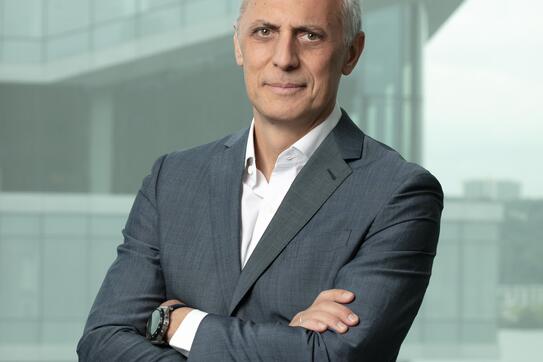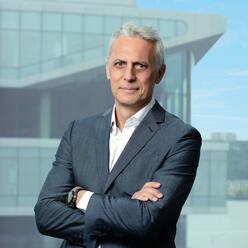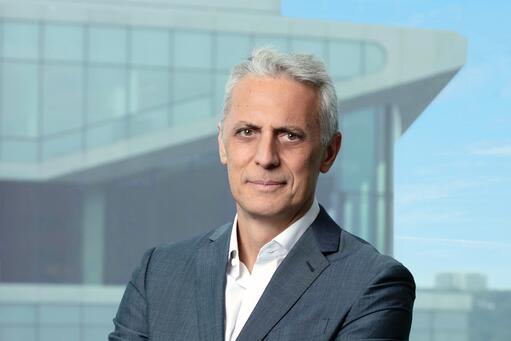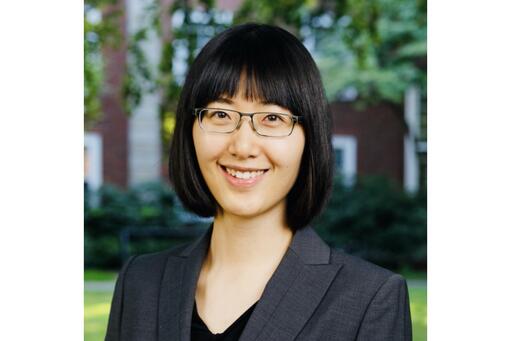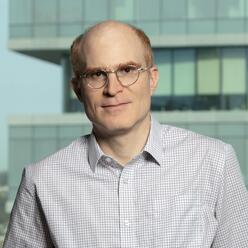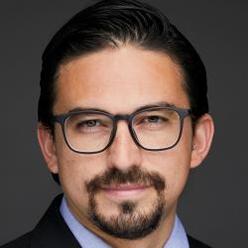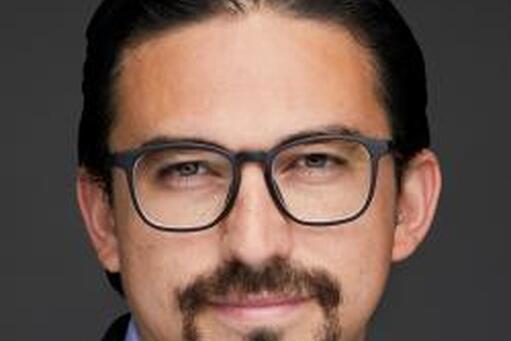At the gathering, we exchanged ideas about how best to leverage 21st century business education to support and prepare students for the future—considering social impact, sustainability challenges, and the need to foster collaboration across public and private sectors to ensure America's global leadership in innovation.
More broadly preparing our students, alumni, and business leaders to face these challenges has been our objective at Columbia Business School since I became dean five years ago. CBS is a global leader in business innovation, whether we're talking about the relevance of our academic programming, the impact of our faculty research, or the industry leadership demonstrated by our alumni.
I see CBS's leading role in business innovation every time I attend one of the events organized by the Eugene M. Lang Entrepreneurship Center. Our programming for aspiring entrepreneurs and networking opportunities for alumni has never been more robust. During the Lang Center's Startups Week, the entire entrepreneurship ecosystem in New York City is drawn together for events on our campus with entrepreneurs such as Jon Stein '09, founder of Betterment; venture capitalists such as Elliott Robinson '12, a partner in the growth equity practice at Bessemer Ventures; and healthcare technology innovators such as David Kim '17.
CBS's research in the area of entrepreneurship and innovation is also remarkable, fueling engines of change and disruption across industries. My colleague Olivier Toubia offers a unique perspective on the field as businesses increasingly adopt artificial intelligence, while Wei Cai looks at employee-initiated innovation and Frank Lichtenberg studies biomedical innovation. In the area of entrepreneurship, Michael Ewens is exploring venture capital contracts and entrepreneurial finance, while Jorge Guzman, who has published seven papers in the past two years, looks at entrepreneurial ecosystems, a subject he's mapping in the Startup Cartography Project. Jorge's work leverages business registration data and predictive analytics to create innovative metrics for measuring the quantity, quality, and performance of entrepreneurship centers.
We also support innovation through our partnerships. One program I'm particularly proud of is the MBAxMS: Engineering and Applied Science degree launched with Columbia Engineering in the summer of 2022. It is designed for students who want to launch new companies or lead an established technological enterprise. In this year's inaugural MBAxMS class of 28 students, 43 percent said entrepreneurship will be their primary area of focus. Since 2020, the School has also supported many business partnerships between engineers and MBA students through the Columbia Build Lab of CBS's Lang Center. The program links MBA students who have founded startups with Columbia Engineering students interested in gaining practical experience by assisting early-stage startups. So far, we've seen 120 CBS-led startups supported by more than 350 engineers.
And we are working hard to address inequality. Over the past three years, 40 percent of our funding dollars have supported female founders, while 25 percent of our funds went to underrepresented minority founders.
Everything we do at CBS is designed to prepare our students, alumni, and business leaders more broadly to address the challenges of the future—and our work in the entrepreneurial and innovation space serves that purpose through both education and opportunity. That's why the School, with its home in the heart of New York City, has become a thriving destination for entrepreneurship, innovation, and venture capital.
Costis Maglaras
Dean, Columbia Business School
David and Lyn Silfen Professor of Business
